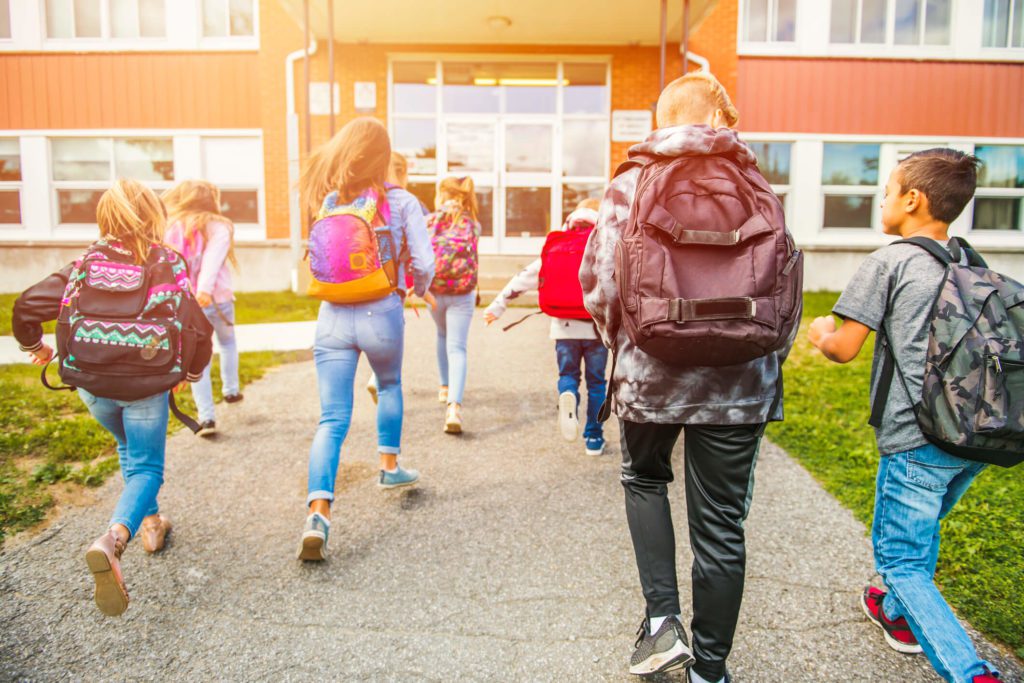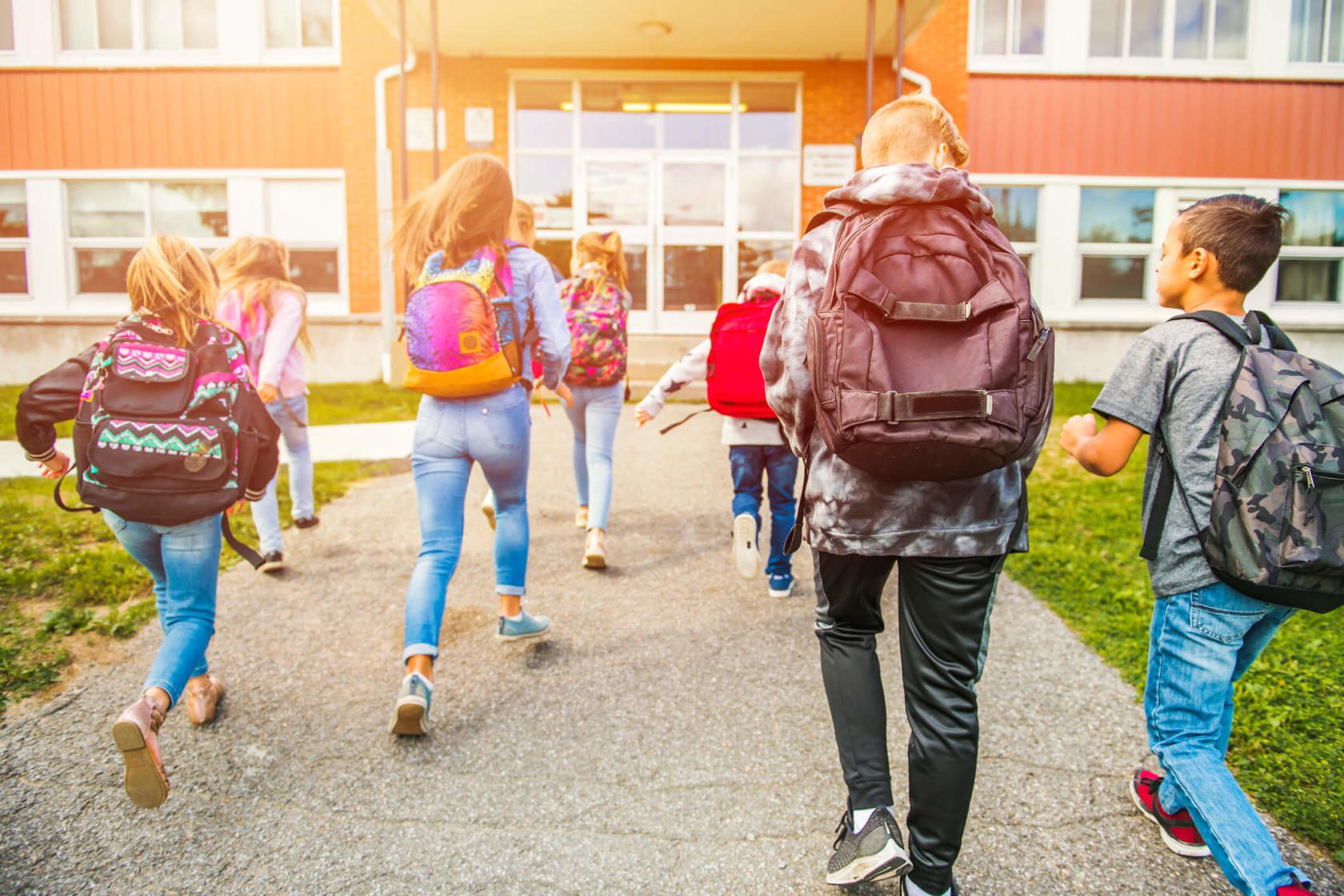5 Safety Tips to Prepare Children for Going Back to School During COVID-19

COVID-19 has created new challenges for students and teachers. To prepare your children for a safe learning experience this school year, follow the tips listed in this article.
Back to School Safety
Children returning to school this year will experience an environment unlike anything they have known previously. With new safety regulations to follow and alternative learning methods to adjust to, students may find themselves anxious and unsure how to handle their new schedules.
Whether your children’s school has chosen to meet in person or online, talk to them about expectations. Below are a few guidelines to follow to boost your confidence and prepare them for a productive school year.
1. Practice Social Distancing
The Centers for Disease Control and Prevention (CDC) and the World Health Organization (WHO) recommend keeping at least 6 feet of space between you and the people around you. Though distancing may not always be possible for students in a classroom setting, teach them to obey their instructors and stay distanced when they can.
2. Wear a Mask
Cloth face coverings should be worn in all public places where social distancing is impossible. A few areas where your children should wear masks are on the bus, at drop-off and pickup areas, and in the front of the school. Remember to wash the masks and pack at least two in case one gets lost or becomes dirty. Also, remember to label your children’s masks to prevent confusion with others.
Note: Don’t place face masks on children younger than age two, children with breathing problems, or children with conditions that prevent them from removing their masks without help.
3. Wash Hands Often
Teach children to wash their hands with soap and water for at least 20 seconds, especially before and after eating, coughing/sneezing, and adjusting a face mask. Pack an alcohol-based hand sanitizer that contains at least 60% alcohol with them to use when a sink is unavailable.
4, Stay Home When Sick
When a child is experiencing any of the following COVID-19 symptoms, he or she should stay at home:
- Fever
- Nasal congestion or runny nose
- Cough
- Sore throat
- Shortness of breath
- Fatigue
- Headache
- Muscle aches
- Nausea or vomiting
- Diarrhea
- Poor appetite
Even if these symptoms are not clearly caused by the virus, it is best to act with caution. Keep the child at home and contact a doctor if any of the symptoms worsen.
5. Don’t Skip Vaccinations
Keep your children up to date with all recommended vaccines. School-aged children should get a flu shot each season. Though flu shots do not protect against COVID-19, they can reduce the risk of the flu and its complications.


